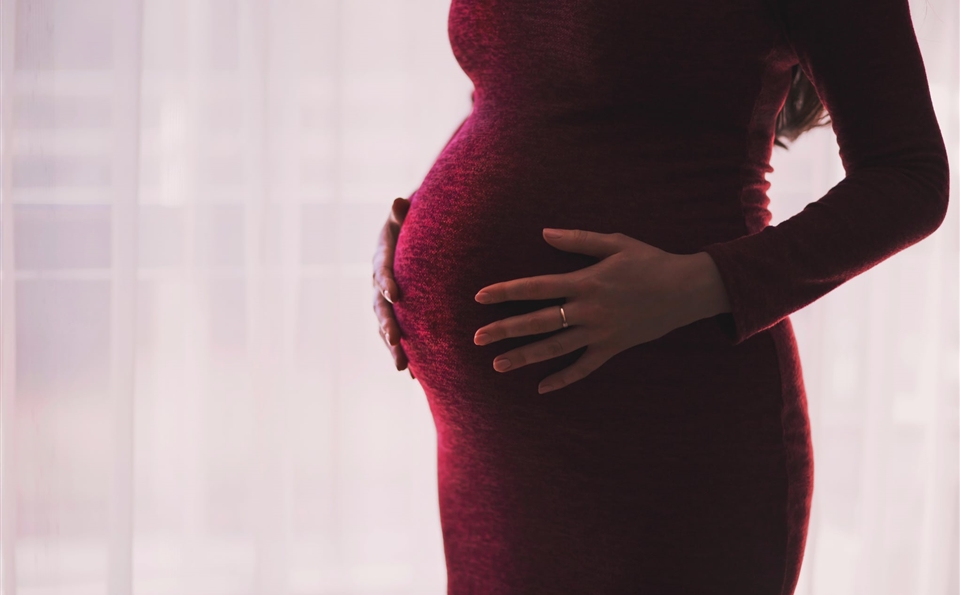IUI (Intrauterine Insemination) Overview
What is Intrauterine Insemination (IUI)?

Intrauterine insemination (IUI), a form of artificial insemination, is a relatively simple procedure that enables conception by directing sperm to the right place at the right time. In this process, a thin tube called a catheter is placed directly into the cervix, and a carefully prepared sperm sample is injected directly through the catheter into the uterus.
IUI increases a woman's chances of becoming pregnant by injecting an optimal sperm sample directly into the uterus at a time when the woman is most fertile. Studies have shown that pregnancy is more likely to occur if timing of exposure to sperm is controlled in this way, and if sperm is placed in higher numbers closer to the egg or eggs.
When is IUI recommended?
IUI is often recommended for women or couples who:
- Have ovulation problems and are undergoing ovulation induction, especially when timed intercourse has not succeeded
- Are unable to have appropriately timed intercourse due to travel problems or in cases of sexual dysfunction
- Have mild male factor infertility
- Have unexplained infertility
- Are women using donor sperm
- Have been unsuccessful with infertility medication alone or with other treatments
Preparing for an IUI procedure
In order to determine the best treatment plan, a physician may recommend some or all of the following tests before moving forward with artificial insemination:
- A hysterosalpingogram, wherein a small amount of fluid is delivered into the uterus and tubes and an X-ray is taken, outlining the uterine cavity and fallopian tubes
- FSH and estradiol blood level tests to determine ovarian function, egg production and quality
- A semen analysis to determine volume, quality and motility (normal forward movement) of the male sperm
- Routine blood tests such as thyroid and Prolactin hormones, proof of immunity to Chicken Pox and German measles, blood type, vitamin D levels and screening for genetic diseases such as Cystic Fibrosis.
Prior to the IUI procedure, the male partner is recommended to abstain from ejaculation for 1 to 3 days (however, abstaining for more than 5 days can result in decreased motility).
IUI with Fertility Medication
IUI may be performed during a woman's normal cycle, or with the use of 'ovary-stimulating' fertility medication. Studies have demonstrated that IUI in combination with medications that stimulate egg production can significantly increase a woman's chances of conception. These medications include Clomid, (clomiphene citrate), Femara (letrozole), Follistim, Menopur, Bravelle or Gonal-f.
Fertility medication is often recommended for those diagnosed with age-related sub-fertility, endometriosis, unexplained infertility or male factor infertility.
What to expect from the IUI procedure
Prior to the artificial insemination procedure, the male partner collects sperm through masturbation, either at home or in our clinic. Sperm is then sent to our laboratory where it is separated from the seminal fluid which can irritate the uterine lining. The most active, motile (normal, forward moving) and healthy sperm are extracted and then placed into the uterus via a catheter. The entire procedure takes no more than 5 minutes. In rare cases, there may be mild cramping following the procedure, but this is normally mild and short-lived. Our patients can resume normal activity immediately. Their doctor may recommend that the patient have intercourse on the day or evening of artificial insemination to further increase chances of conception.
The procedure is similar for our patients that are single or lesbian, using donor sperm. Sperm from the sperm bank, which will already be here on the day IUI is performed, is thawed and a sperm count and motility are performed. From that point, the insemination with frozen-thawed donor sperm is the same as with fresh sperm.
Learn more about Donor Insemination.
Does IUI pose any risks?
There is less than a one percent chance of pelvic infection with IUI. If using fertility medications, there may be possible side effects to consider, including ovarian hyperstimulation syndrome, in which ovaries become swollen and painful.
How many artificial insemination cycles might be recommended?
Even natural fertility results in pregnancy just 25% of the time in any given month. Studies indicate that the possibility of conception using IUI is highest in the first three to four months. If not pregnant after 3-4 artificial insemination attempts, we will usually recommend more aggressive treatment, such as having patients move from oral to injectable fertility medications, or move to IVF.
The decision as to how many IUI cycles a patient pursues will be up to them and their physician, and will be based on factors including their age, their particular diagnosis and their assessment of the other therapies that may be available.
Want to learn more about IUI?
We invite you to schedule an IUI consultation with one of the board certified physicians of RK Hospital & IVF Center®.
Located in the Madhuban Area of Udaipur, RK Hospital & IVF Center features a state-of-the-art laboratory, and focuses on compassionate patient care. Contact us to learn more about IUI at RK Hospital & IVF Center»
Ready? Let's Connect.
We're here to go at your pace and answer any questions you have. Get in touch when you're ready. We'll be right here.
Learn More About RK Hospital & IVF Center
Emotional Health and Well Being
Emotional health and well being are central to our patient's care. Our clinic's services include acupuncture and an array of Mind/Body and stress reduction workshops, seminars and support groups. Our in-house family therapist is available to any patient and will also gladly provide referrals to other qualified professionals. Our genetics counselor consultant can help our patients understand their genetic history and how this may factor into their treatment options.
Flexible Office Hours
Our physicians, nurses, counselors and laboratory staff accommodate early morning, evening and weekend appointments according to our patient's treatment schedule and 'off hour' needs.


